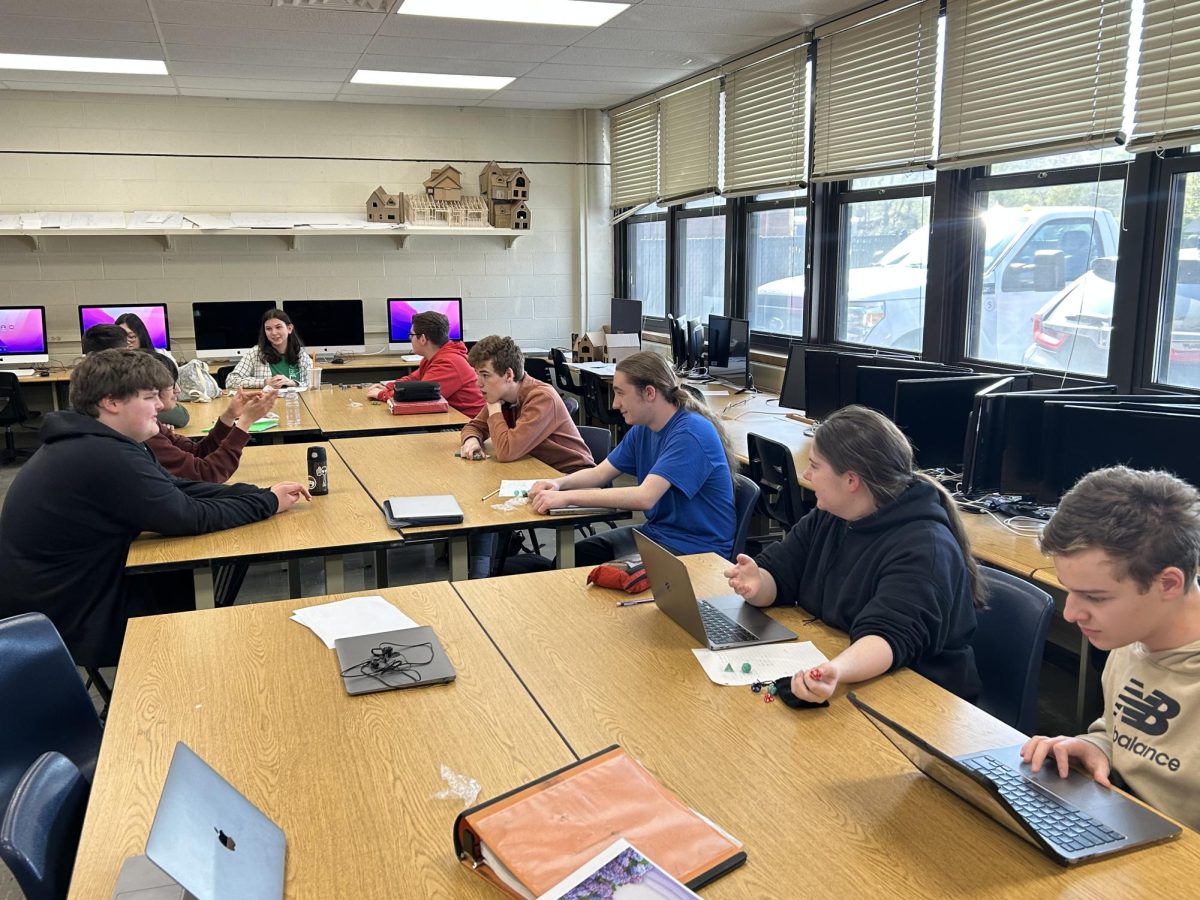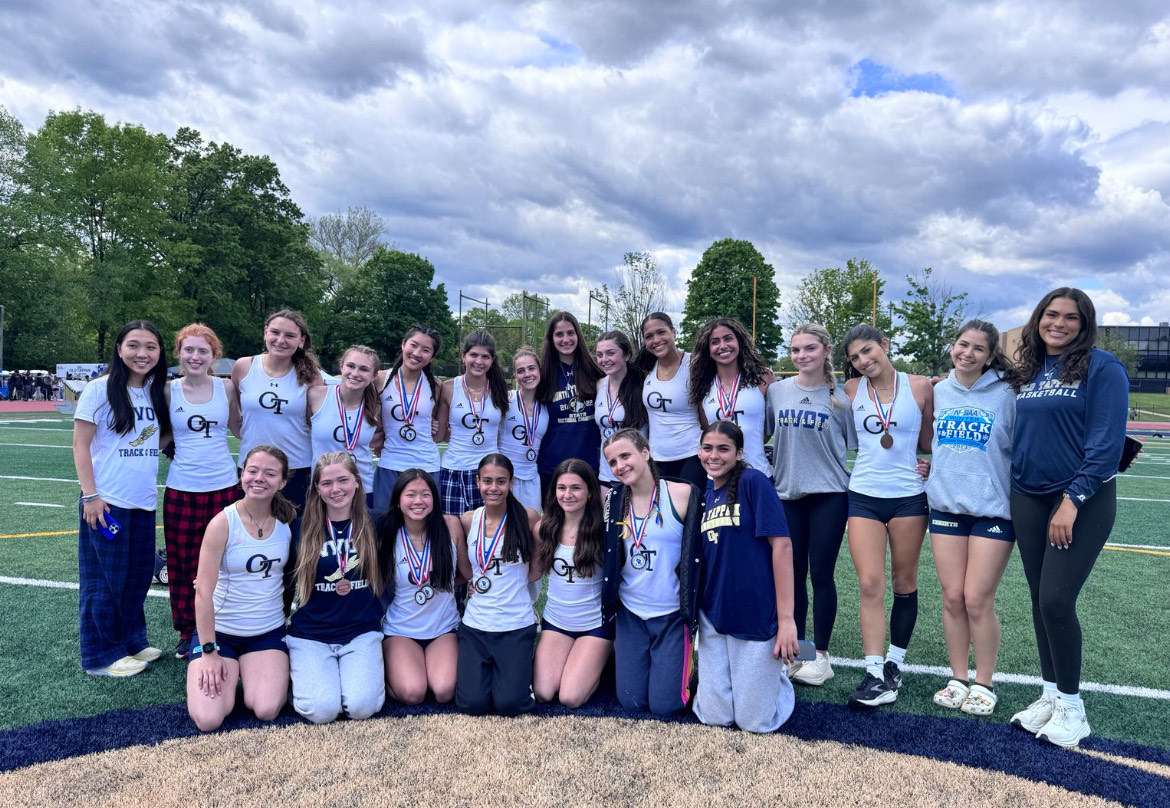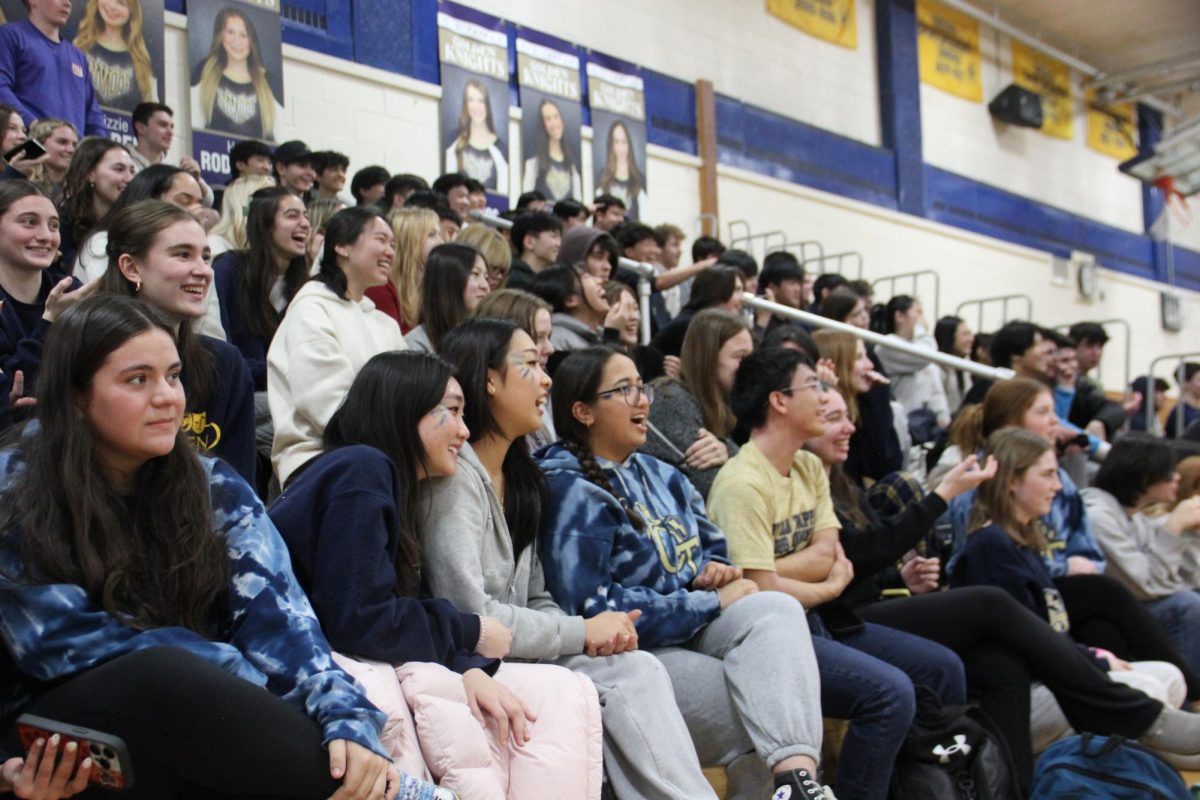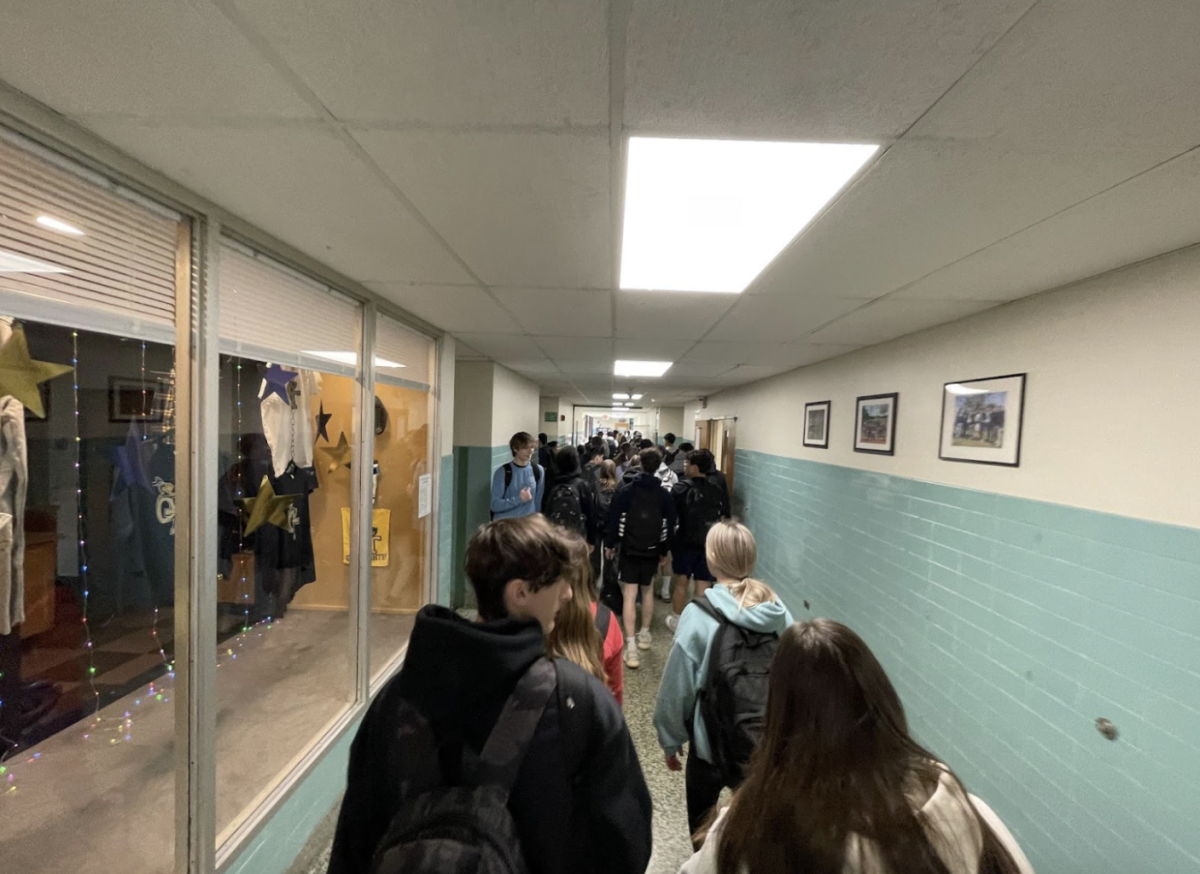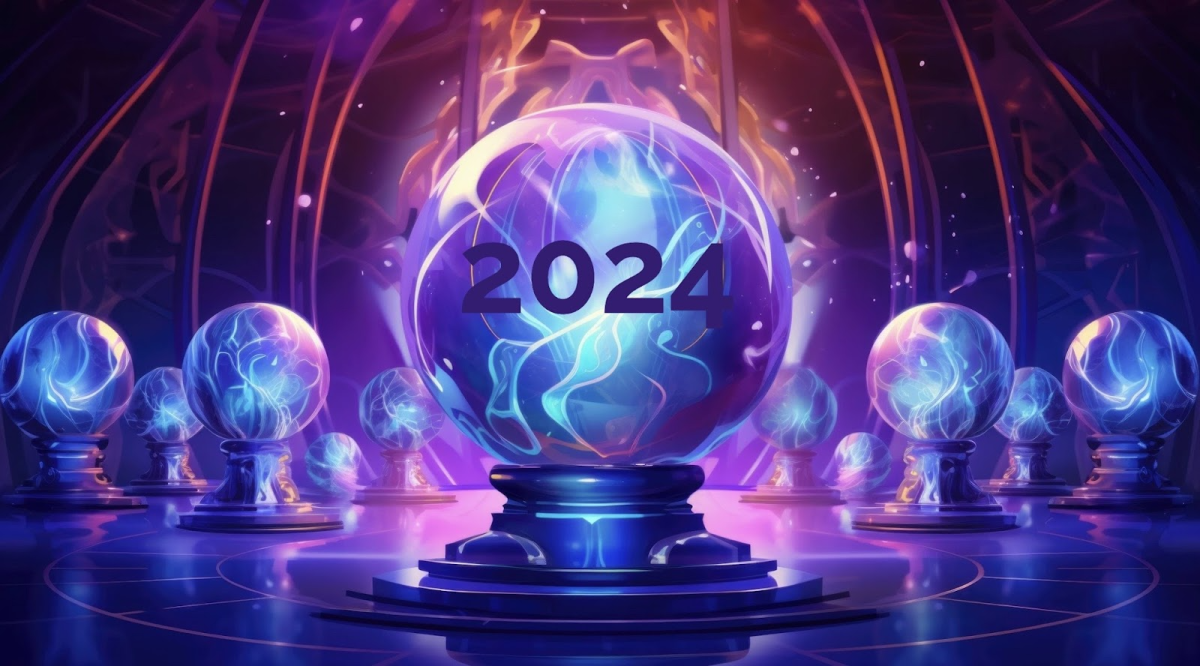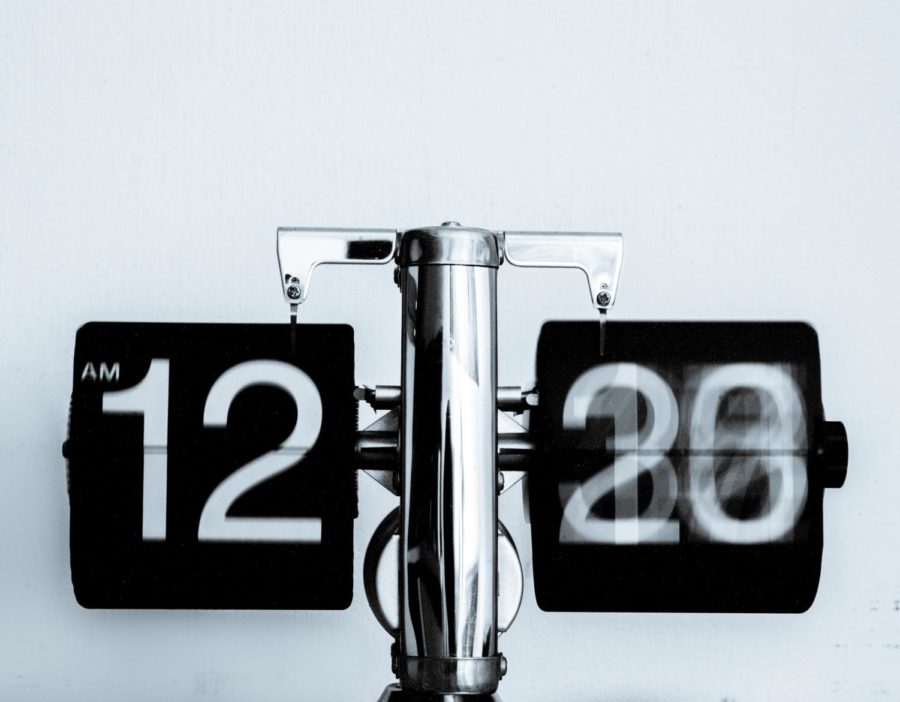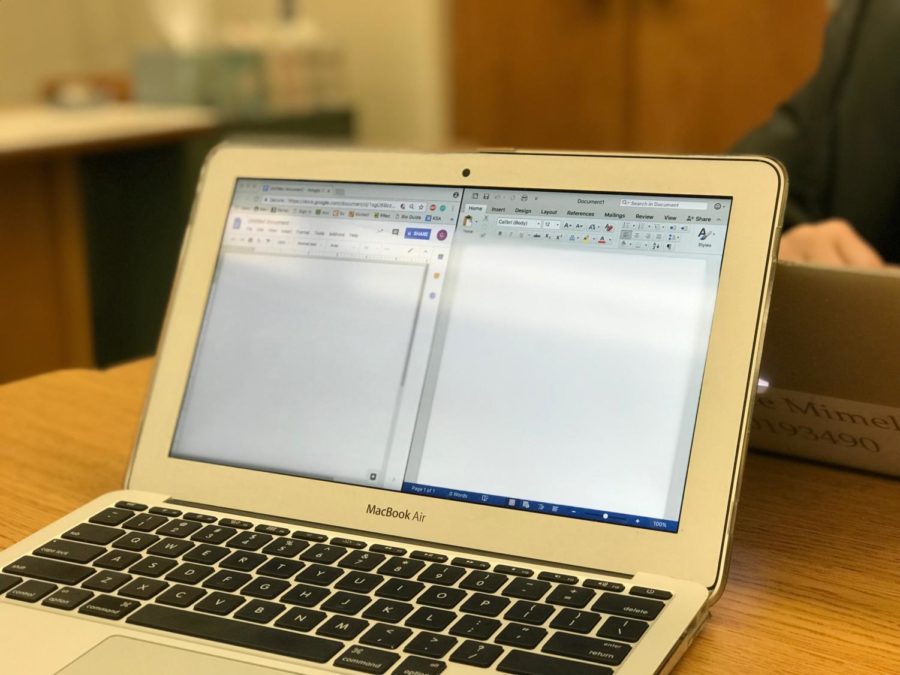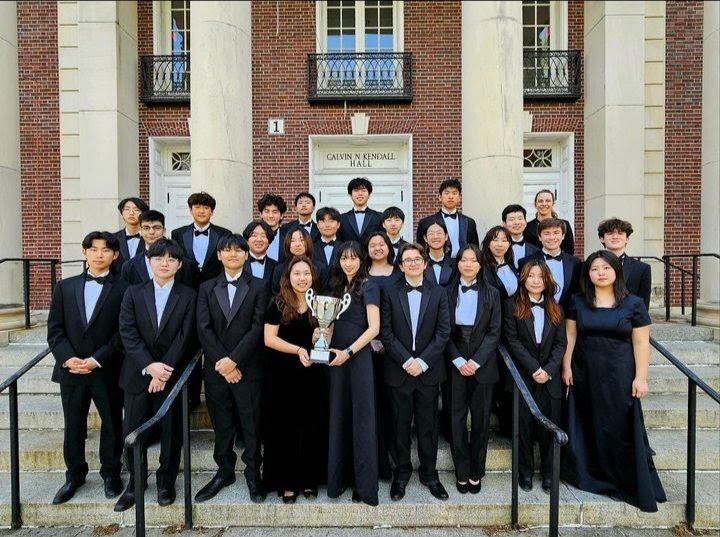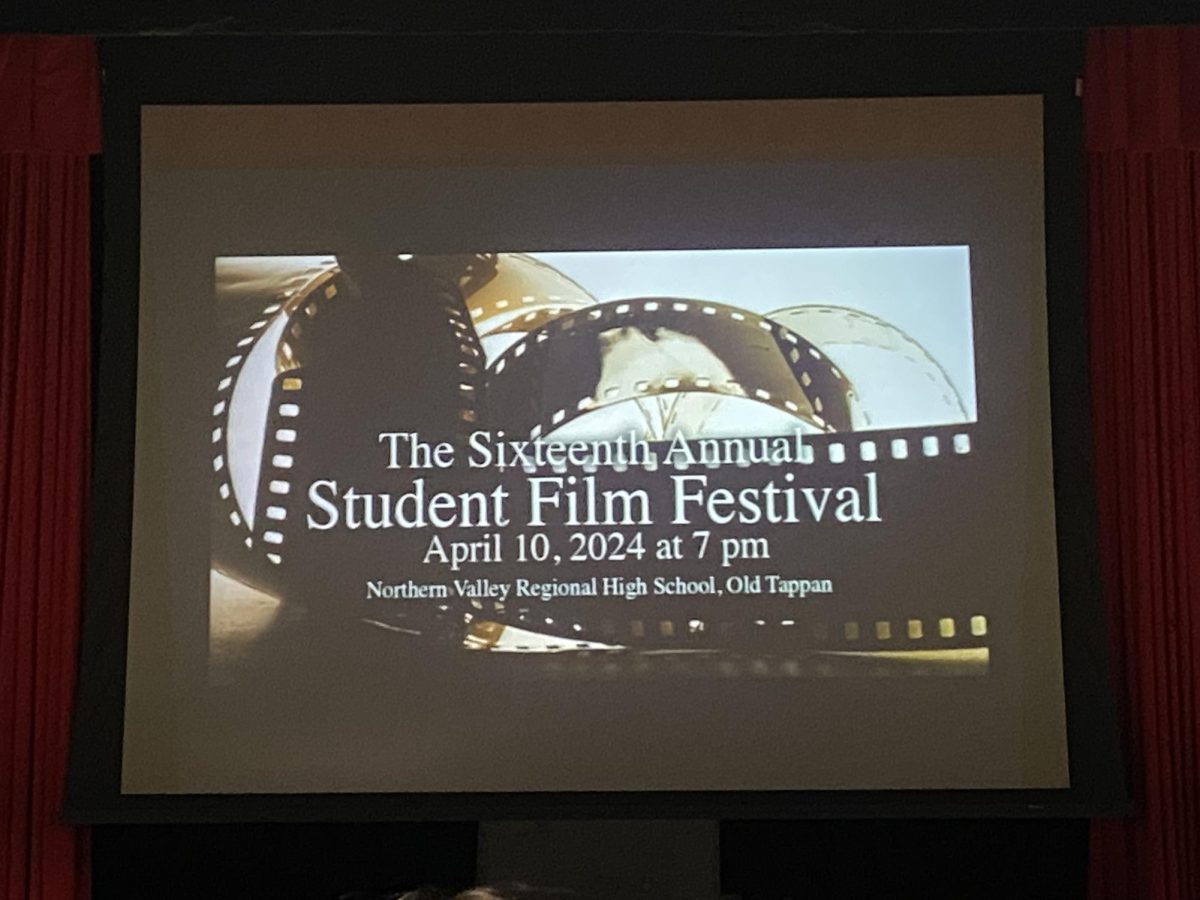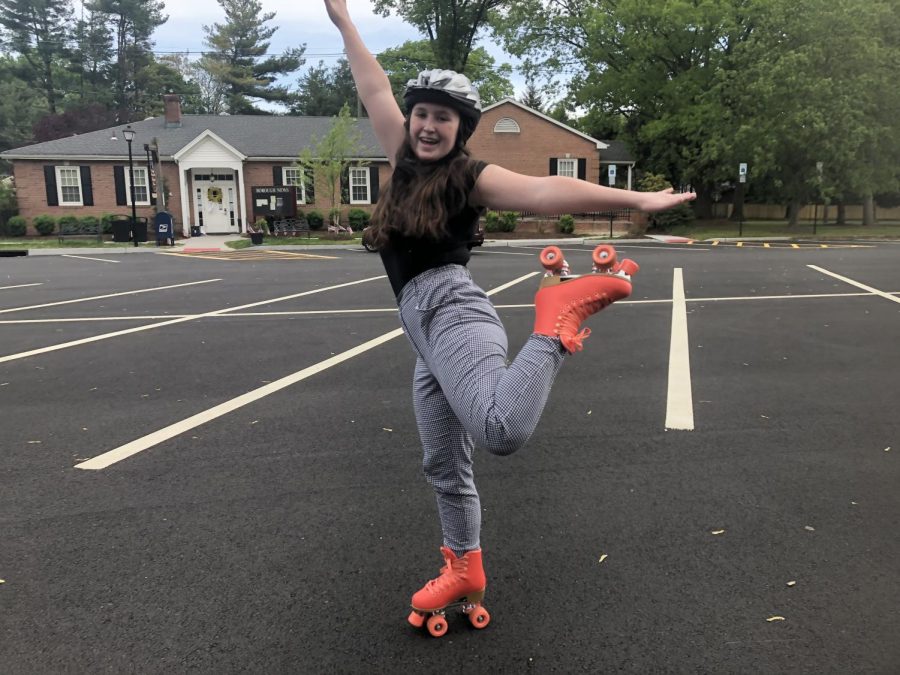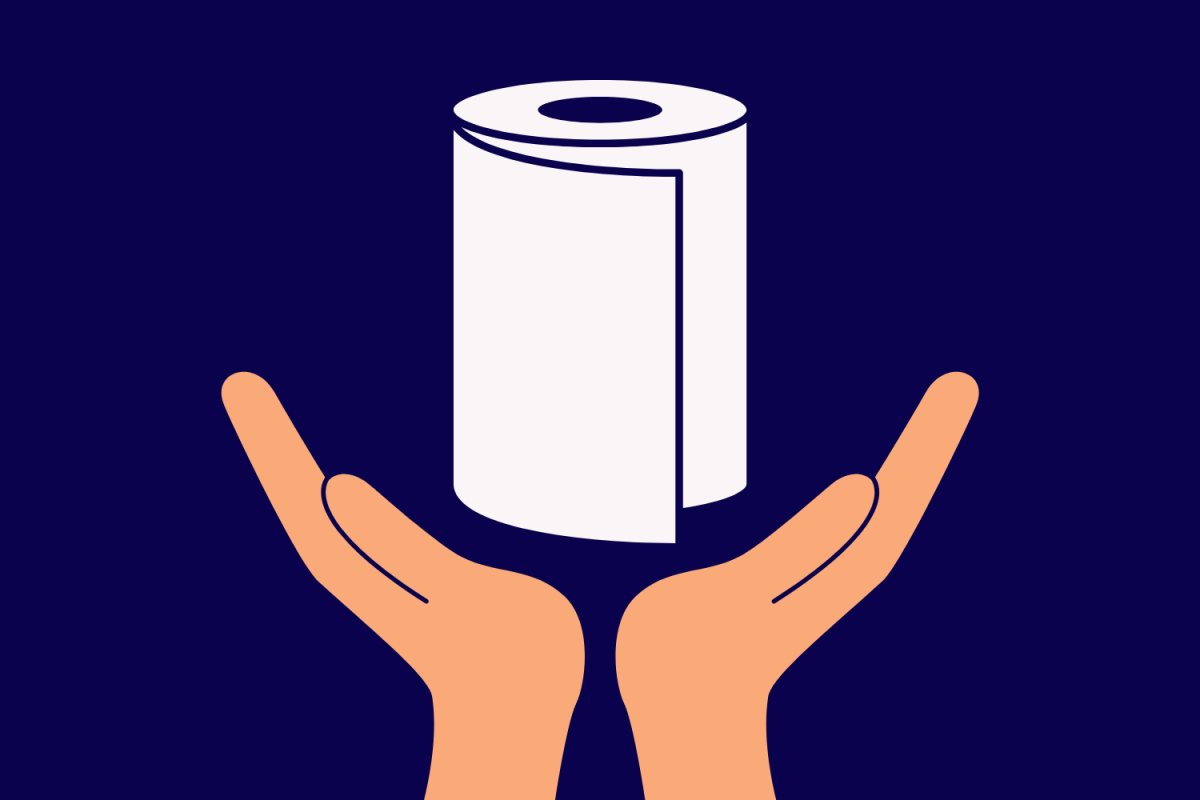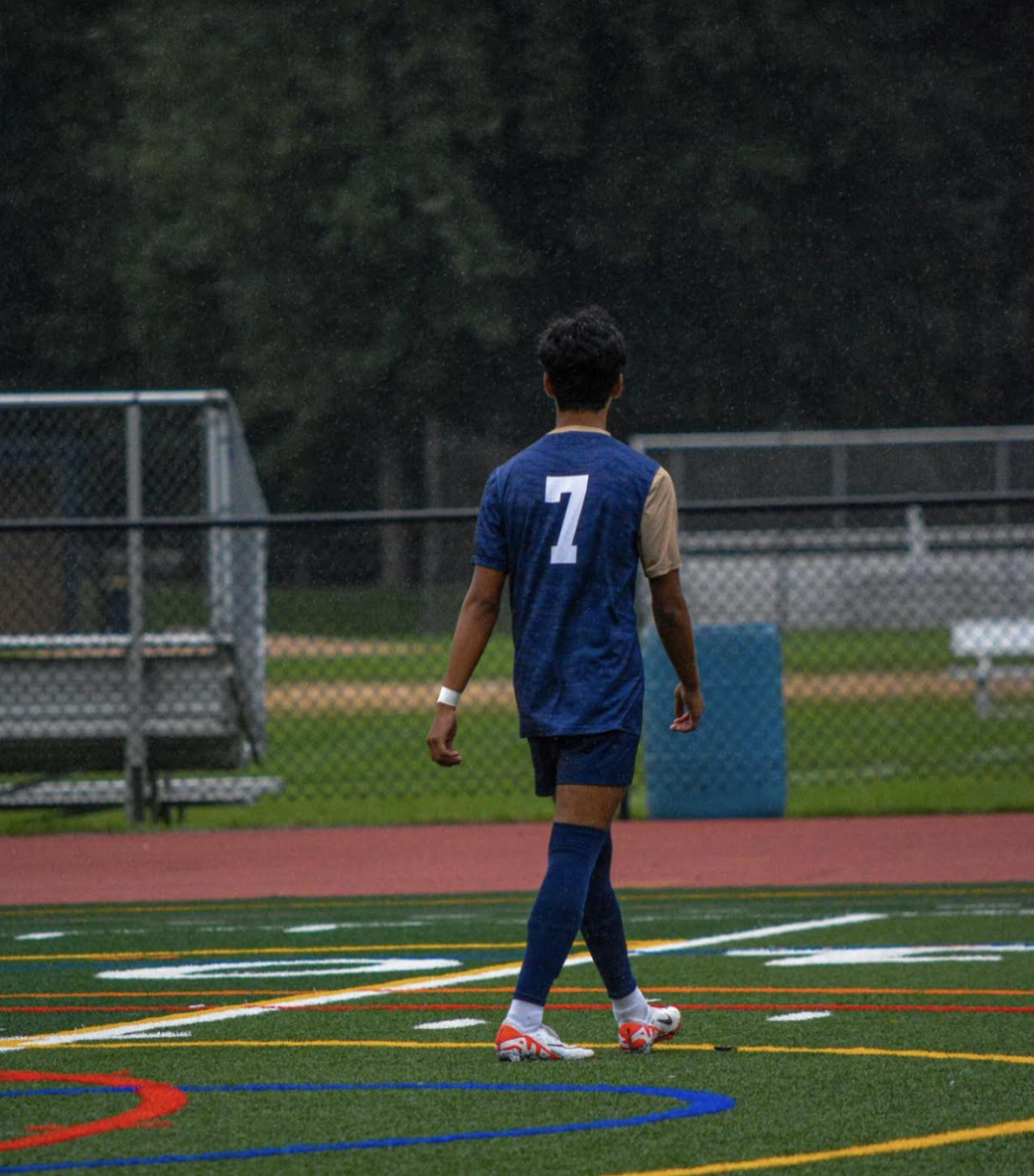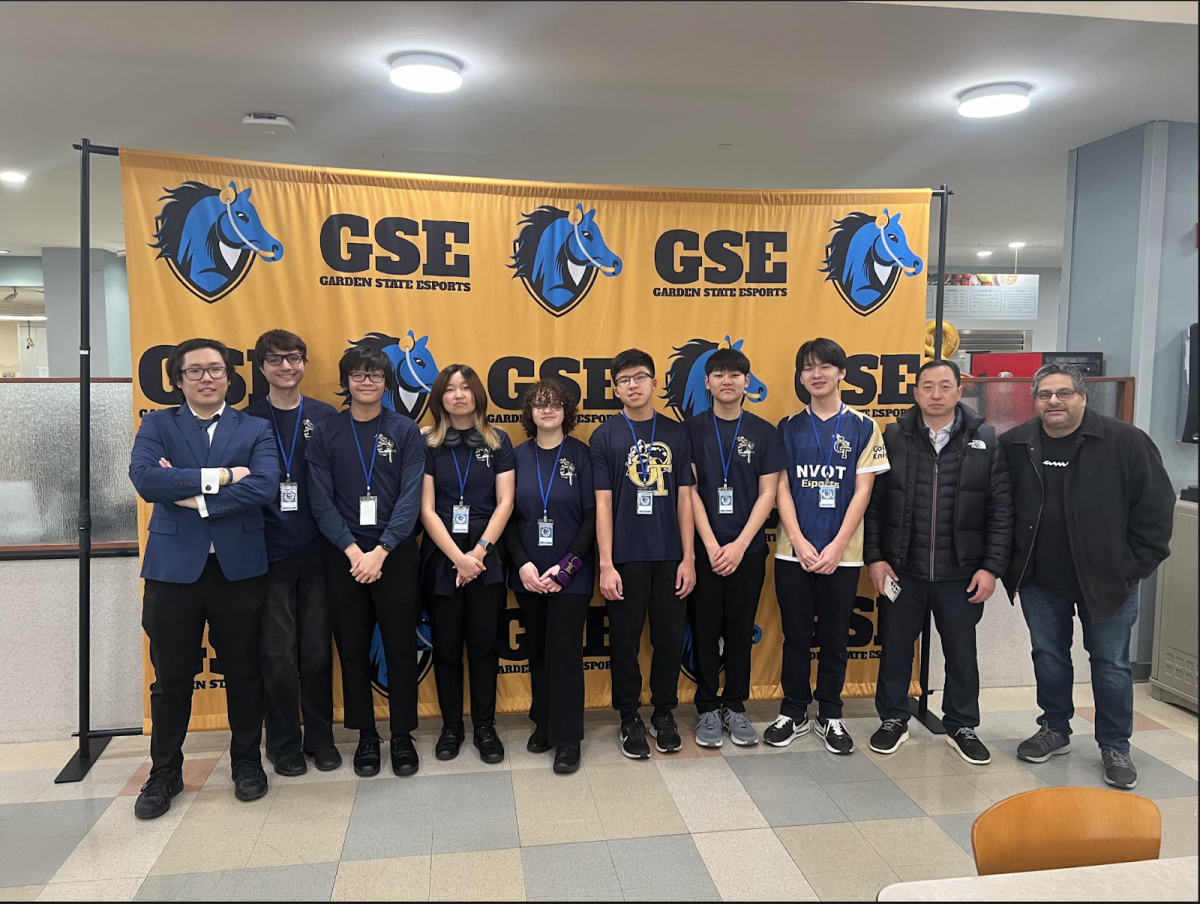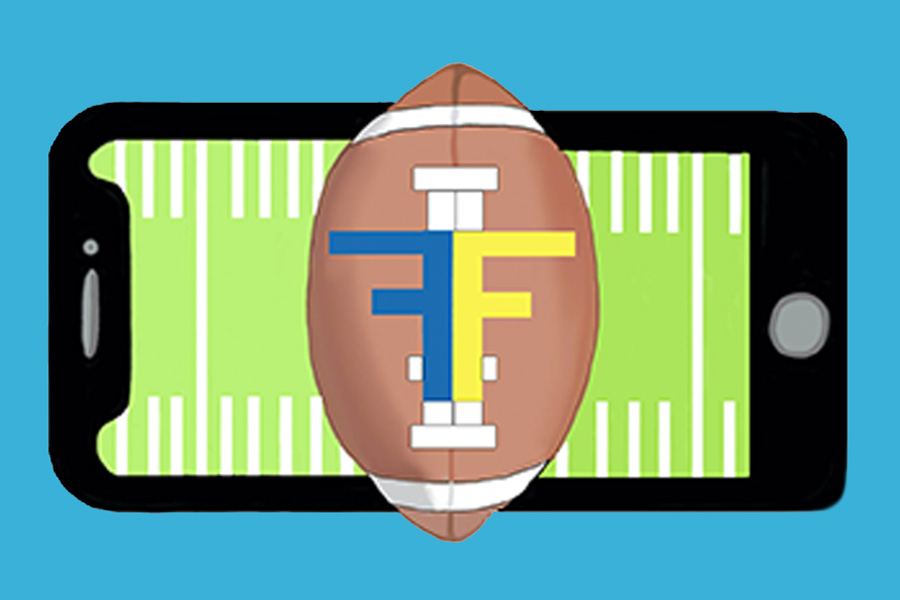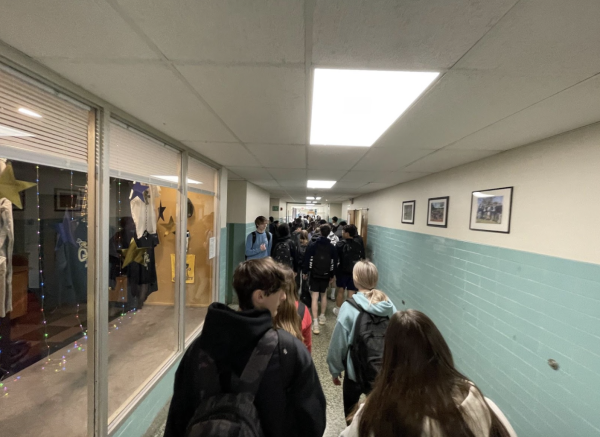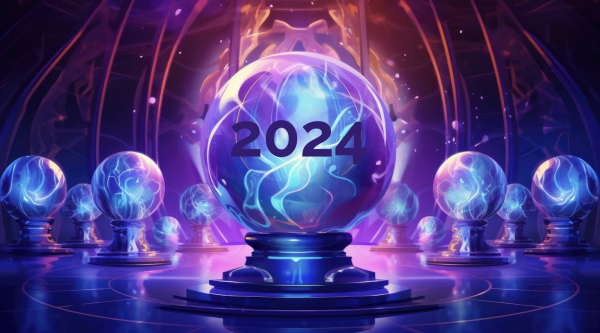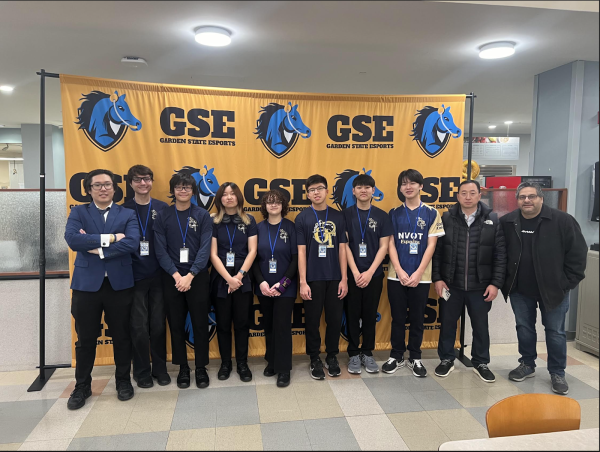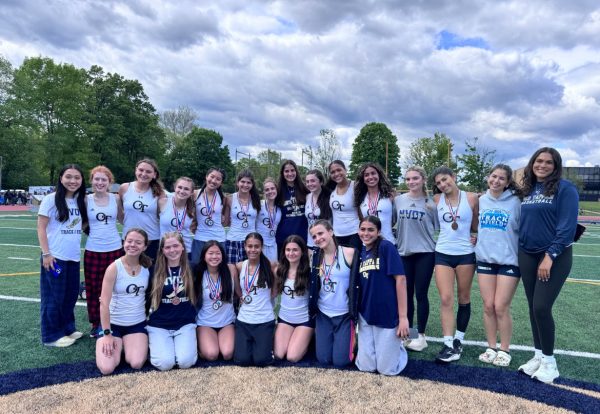VAR-ticle
Two of The Lance’s sports writers debate the effectiveness of instant replay technology
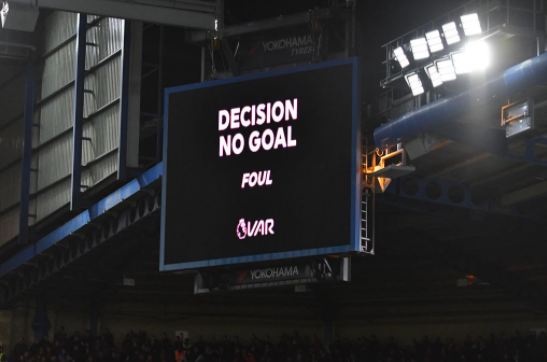
VAR is a technology recently added to the Premier League which stops the game to help referees make tight calls.
In the year since VAR’s introduction to the Premier League, the technology has proven itself to be a strict application of the rules. First used in the 2018 World Cup Tournament, Video Assistant Referee (VAR) is an instant replay, which allows for referees to correct mistakes and fix errors in officiating. The game gets paused while the referee watches the replay on a screen. So far, this technology has had its ups and downs, securing games for some teams while spoiling comebacks for others
In the 2018 World Cup, it was seen as a revolutionary improvement to the sport until the final game of the tournament between France and Croatia. A handball inside the box was called against Croatia, but instant replay showed the player’s arm in a natural position, meaning the penalty shouldn’t have been given. However, even after the VAR review, the penalty was still given and France scored.
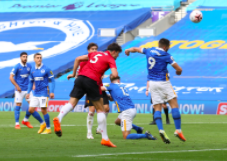
Most recently, on Saturday, October 17 in the Merseyside Derby between Everton and Liverpool, Liverpool scored a goal in the 93rd minute that would have won them the game but VAR voided the goal for an offside call. Once again, this sparked the divide on whether VAR was an improvement to the game or not, and many became skeptical of whether this technology could be used in sports.
Here’s a response from The Lance’s staff on this ongoing debate:
Evan:
The fact that VAR has led to such controversy in the Premier League proves that it does not belong to the game of soccer. The sheer amount of terrible decisions in the closing minutes of games and the agonizing delays between these decisions slow down each game, making it difficult to stay engaged and excited.
I think the reason VAR is such a problem is because of the inconsistency in decisions. If you saw Tottenham Hotspur defender Eric Dier’s controversial handball in the final minute of a game versus Newcastle United, it was really unfair and completely ruined the game.

Jake:
VAR is not at fault for the unjust calling of Eric Dier’s handball because VAR just enforces the decisions in the rulebook. In reality, it is the FA’s fault that this occurred because their failure to change the rulebook from the horrid handball rule put in place last year has caused all of the major controversial calls made by VAR concerning handballs.
Evan:
I think the most concerning issue with VAR is the time we spend waiting for decisions while miniscule gridlines are drawn for extremely minor and trivial infractions. I was watching Leicester City last year when forward Kelechi Iheanacho scored a game winner during stoppage time of the 90th minute. I was so happy that we just won the game, but the call was offside and the use of VAR took an extra two or three minutes. You could see the disappointment initially once VAR was used, but the saddest part was the lack of emotion following the game winner. Instead of massive dog piles and sprinting to the manager, the players simply walked back to the locker room, slightly happier having won.
Jake:
That being said, VAR should be kept, and fixed rather than taken out completely. The issue that should be addressed is the inconsistency of calls in each game. English commentator Lee Dixon stated, “If you look at sports that use VAR – we’re the laughing stock.” To fix the problem, a common criteria is needed, so that all calls by the referees are clear and do not show personal judgment or bias. A criteria for when VAR should be used would prevent situations where a call is made for a violation in one game but is not in another.
For example, if the criteria states that it is always a handball whenever the ball hits the hand of a defender, then there will be no arguments on whether the play is a handball or not in a play if the video shows the ball clearly hitting the hand.
Some coaches in the Premier League favor VAR, such as Tottenham Hotspur Manager Jose Mourinho. He stated, “But the problem was there was a VAR.” Mourinho makes this bold statement because VAR is able to make decisions much more accurately than a referee. He also cites the fact that teams have gotten away with breaking the rules in the past, which is an issue that VAR has solved.
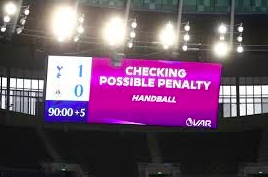
Evan:
I disagree with Mourinho, despite my striking lack of accomplishments and UEFA Champions League trophies in comparison. I think when decisions that are very miniscule and do not affect the game are made using VAR, the atmosphere of the game is changed. Pedro Neto’s 2019-20 Premier League season was exceptional, as the 19-year-old scored quite a few goals for his first season. However, Neto had 4 goals disallowed last year by VAR, a number especially frustrating for such a young player.
Jake:
The 2009 semi-final of the Champions League (the top European soccer tournament) between FC Barcelona and Chelsea FC was followed with controversy over the referee missing several instances where a clear penalty should have been called for Chelsea. If VAR was being utilized at the time, one of the biggest mistakes in the history of the sport could have been erased. Varsity Soccer Player Tomislav Curko remembers watching the game and says, “There were missed calls everywhere and Chelsea was basically robbed of a Champions League title. The ref was practically blind.”
Jake:
Tom Henning Ovrebo, the referee of the game, later admitted, “’I wish I had the help of the VAR that day”. With the introduction of VAR, these mistakes and possible biases are eliminated from the sport because it gives an unbiased view of incidents.
In the end, necessary fixes should not be used on the technology but rather the officials in charge of VAR and the rules. Multiple times in the Premier League, it has been the officials and the unjust adherence of the rulebook that have caused controversy. The problem of VAR in England stems from the FA’s (English Football Association) inability to change the rules and get rid of inconsistencies among officials. It can not be the fault of VAR for its mistakes if the technology is being used in the wrong way.
I believe that VAR is a great technology that is being misused and that the rulebook is being detrimental to the value of VAR. If inconsistencies and the rulebook change, VAR will become an excellent tool for the future of the sport.
Evan:
I believe that despite the benefits of VAR, it is a horrible approach to making games better. If a referee can not make correct calls then why is he officiating such important games as the Premier League? I understand that there is some human error, but a miniscule offsides in the buildup of a goal is not something that realistically should disallow a goal. VAR can be good if used properly, but I see no scenario currently in which this technology can be effective.



